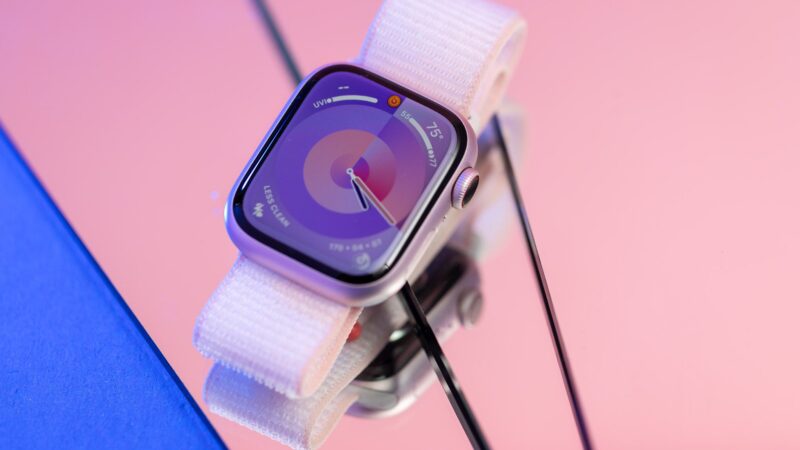Discover 5 amazing features and best practices as long as Android security

To protect the valuable data on your Android phone, it is important to increase its security. If you ignore this, your data could be exposed to cyber attacks. While many Android phones have built-in security features such as biometrics, you can customize your device’s settings to suit your specific privacy needs. Here are the Android security features you should adopt.
Best Android Security Tips
1 Enable 2FA.
Android users can increase their security with two-factor authentication, which includes a two-step verification process.This security measure is not limited to Android settings but is becoming standard across all platforms.
To protect your accounts, especially those with sensitive data, enable two-factor authentication when possible. How to get started:
- Access the “Settings” on your Android device.
- Choose “Google.”
- Select “Manage my Google Accounts.”
- Scroll down to your email and tap on “Security.”
- Locate “2-Step Verification.”
- Open your browser.
- Choose “Get Started” and follow the provided instructions.
2 Check permissions app.
During installation, an application usually requests permission to access various hardware and system services such as microphone, camera, location, etc. It’s easy to use these notifications without thinking, but some apps can collect your location data and sell it to marketing companies. although this is not necessary for their functionality. Luckily, Android 11 automatically resets permissions for unused apps. Still, it’s worth checking your app’s permissions from time to time.
To ensure that applications only have access to the services they need, do the following:
- Go to Settings > Privacy > Permission Manager
- Review each section to confirm no apps have access to unnecessary services.
If you are using Android 12 or later, you can also visit the privacy panel:
- Go to Settings > Privacy > Privacy Dashboard
- Get an overview of recent app access.
#3 Enable VPN
One of the best Android privacy tips is to use a VPN. It offers something your standard smartphone can’t. It’s worth learning how to set up a VPN on Android. The principle is very simple: install VeePN for Android and connect to remote servers. In particular, VeePN protects your data, hides IP and DNS addresses, encrypts the channel, prevents DDoS attacks and fights phishing and viruses.
#4 Activate automatic updates
One of the best Android privacy tips is to use a VPN. It offers something your standard smartphone can’t. It’s worth learning how to set up a VPN on Android. The principle is very simple: install VeePN for Android and connect to remote servers. In particular, VeePN protects your data, hides IP and DNS addresses, encrypts the channel, prevents DDoS attacks and fights phishing and viruses.
#5 Block access to the camera or mic
On Android, you can easily control camera and microphone access for individual apps. However, sometimes you want to clearly see when these features are being used or temporarily limit access to them. One way to do this is to go to the quick settings menu and lock your camera and microphone. This method is particularly useful if you want to avoid navigating different software options or simply need security during connection interruptions.
Result
Android offers a range of tools focused on device security. However, most of us ignore them or do not use them to their full potential. This article provides a solution and instructions to make your Android device more resilient to cyberattacks.





